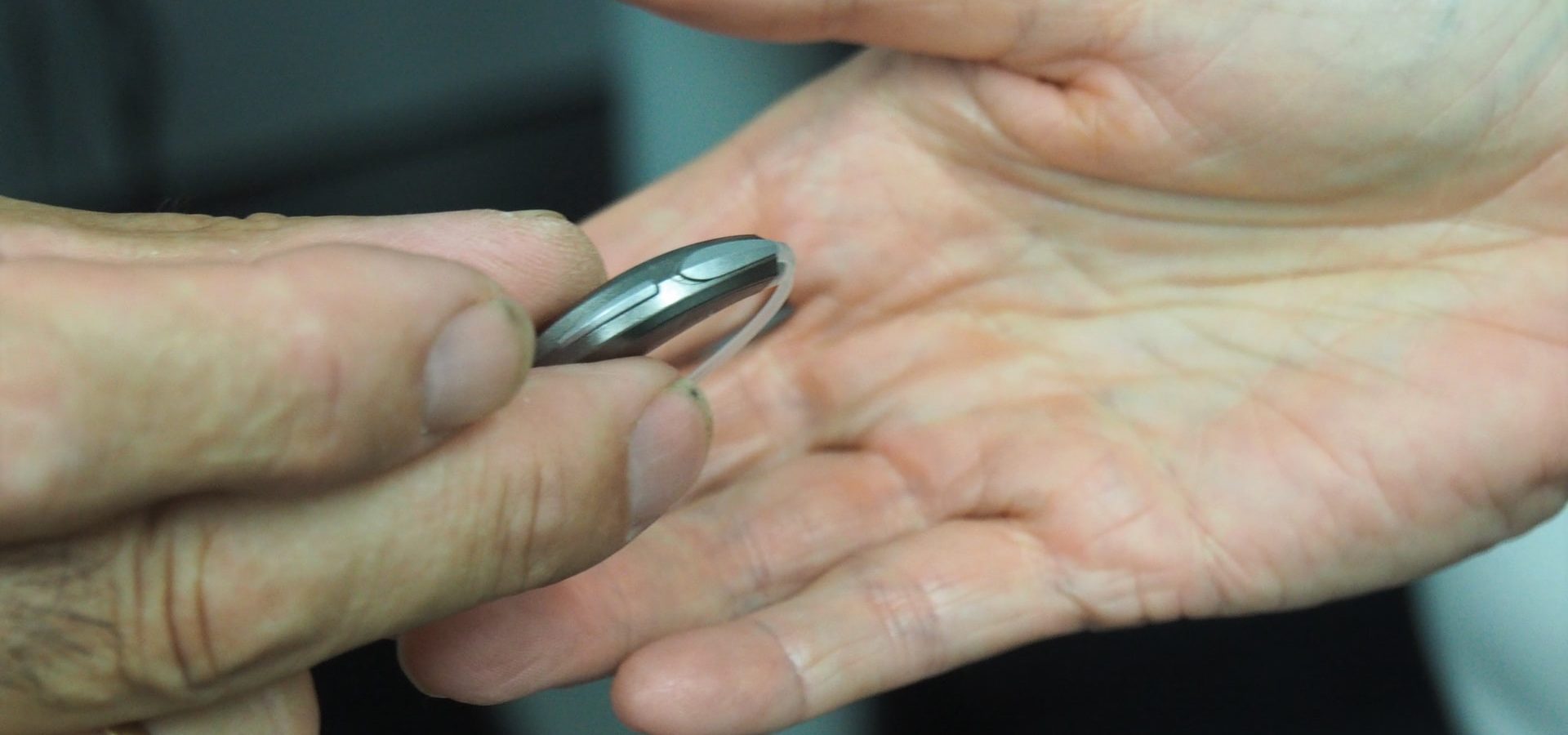Menu

There is no such thing as a “one-size-fits-all” hearing aid. Your specific hearing loss demands and degree must be considered while programming and fitting a hearing aid. Work with a trained hearing care expert to ensure you have a positive experience adapting to new hearing aids.
In this article, we will guide you through what to do when getting new hearing aids.
How You Should Prepare for the Hearing Test
Your hearing will be thoroughly evaluated during your appointment at the hearing aid clinic. Your hearing care specialist will carefully consider the results before discussing whether hearing aids would be advantageous for you at this stage of your life.
Prepare for this visit by making a list of inquiries like these before you attend:
- Do I have hearing loss that is mild, moderate, severe, or profound?
- How precisely might hearing aids benefit me?
- Are hearing aids in both ears necessary, or can I get by with only one?
- Which hearing aid suits my requirements the best? How can I balance price and features?
- What alternatives do you provide buyers of hearing aids for financing? (Programs supported by the government, personal insurance, credit agreements, etc.)
What to Do After the Hearing Test
Hearing tests are helpful since they provide a baseline for any future hearing tests, even if your test results indicate that you don’t currently need hearing aids.
Your hearing care specialist will review your choices with you if the tests reveal you have hearing loss and might benefit from hearing aids.
You must take into account several factors while choosing a hearing aid; be sure to cover all of the following topics:
- Digital and Programmable: Your specific kind and degree of hearing loss can be considered when programming your hearing care specialist to meet your needs. This is essential because if someone attempts to sell you a hearing aid straight out of the box with no necessary adjustments, it probably won’t function properly.
- Styles and Sizes: Some versions fit entirely into the ear canal and those that sit behind the ear. When selecting an option, consider how well functionality, cost, usability, and aesthetics are balanced.
- Wireless Compatibility With Smartphones: Many hearing aid devices may wirelessly connect to compatible smartphones. In this way, you may stream music and make discreet volume and setting adjustments, route phone calls to your hearing aids, and more without using any cords or a different hearing aid remote control.
- Other Features to Look For: Many more advanced functions are included in newer hearing aid models, such as telecoils for phone conversations, directional microphones that enhance speech recognition, background noise suppression, ambient settings, etc. When considering your hearing aid budget, decide if you actually require all of these features or if you just desire them.
Getting Your New Hearing Aids
It’s doubtful that you will instantly fall in love with your hearing aids. You’ll start to hear sounds that you haven’t heard in a while all of a sudden. At first, this could seem abrupt, and the overall sound will sound a little “wrong.” This is very normal and will pass within a few weeks.
Start modestly while you’re still at home. Play your favourite film, and concentrate primarily on the conversation. Talk to a person other alone in a peaceful setting. Pick out or follow specific instruments or voices when listening to music.
Conclusion
Hearing aids are valued tools that will help you hear better. However, you have to work with them and ensure you get the right fit to get the most out of them. Be sure you choose the right product for your hearing loss.
Are you in need of hearing aids in Langley? Fraser Valley Beltone has a quality team offering hearing clinic services. Get your custom-fitted hearing aids today!
Share Post
Facebook
Twitter
LinkedIn
Email
Reddit
Pinterest
